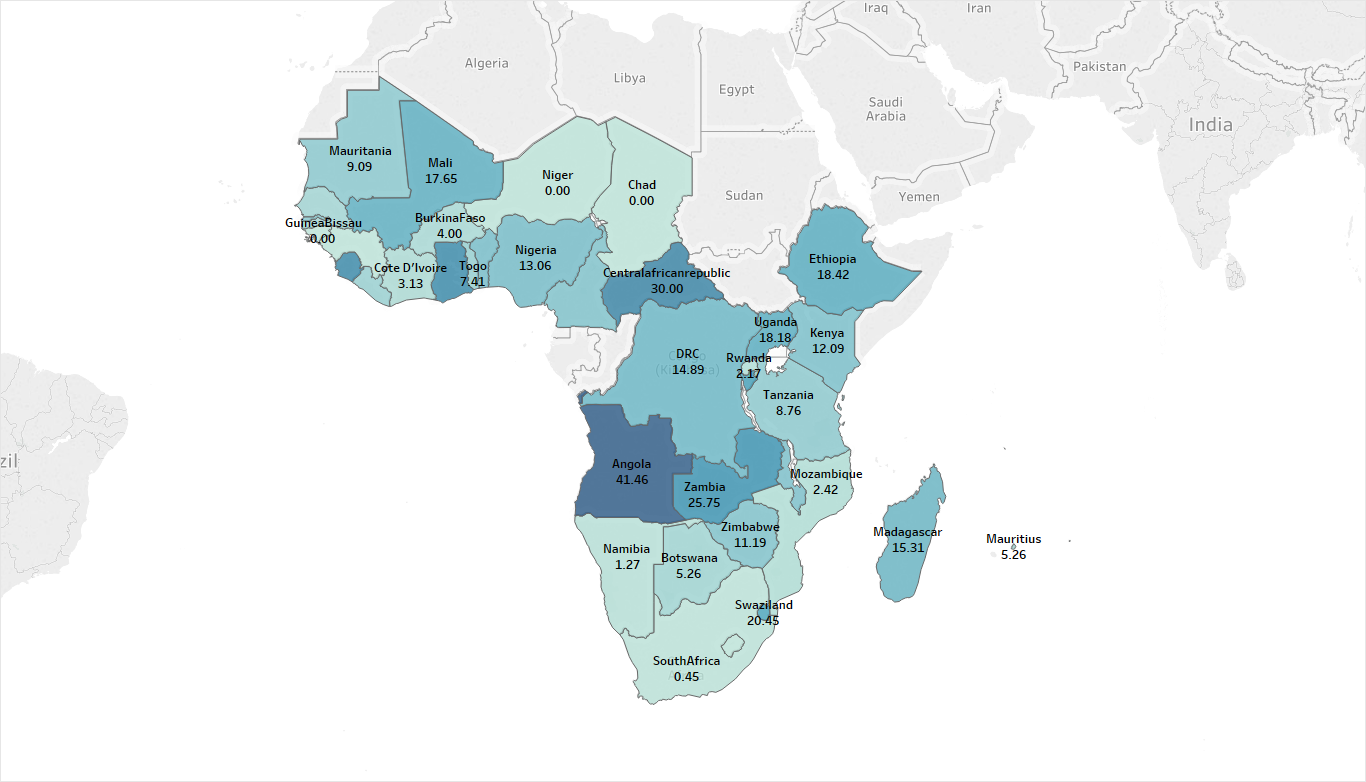Ideas to action: independent research for global prosperity
private sector
More from the Series
Blog Post
November 09, 2018
In my last blog post on the IDA Private Sector Window, I noted the strong principles on subsidies to the private sector that were agreed by the heads of the multilateral development banks (MDBs) in 2012 as part of the Multilateral Development Bank Principles to Support Sustainable Pri...
Blog Post
November 05, 2018
I have previously suggested that the current design of the $2.5 billion World Bank/IDA Private Sector Window (PSW) seemed an inefficient use of scarce aid resources, didn’t follow the World Bank’s own guidance on disclosure and design of subsidies to the private secto...
BRIEFS
October 09, 2018
Many of the world’s 25 million refugees spend years struggling to provide for themselves or contribute fully to their host economies because they are legally barred from working or owning businesses. Granting refugees formal labor market access unlocks a range of benefits—for refugees, h...
Blog Post
August 20, 2018
While energy advocates have mostly focused on the 600 million people in sub-Saharan Africa that lack access to electricity at home, the region’s power shortages are especially damaging to firms. Companies across the continent suffer from unreliable power supplies, affecting productivity, emplo...
WORKING PAPERS
August 20, 2018
While previous studies have found a positive relationship between the reliability of power and firm growth, we find that such a clear relationship seems not to prevail. In other words, some firms are able to cope with an unreliable supply of power while many others do not.








